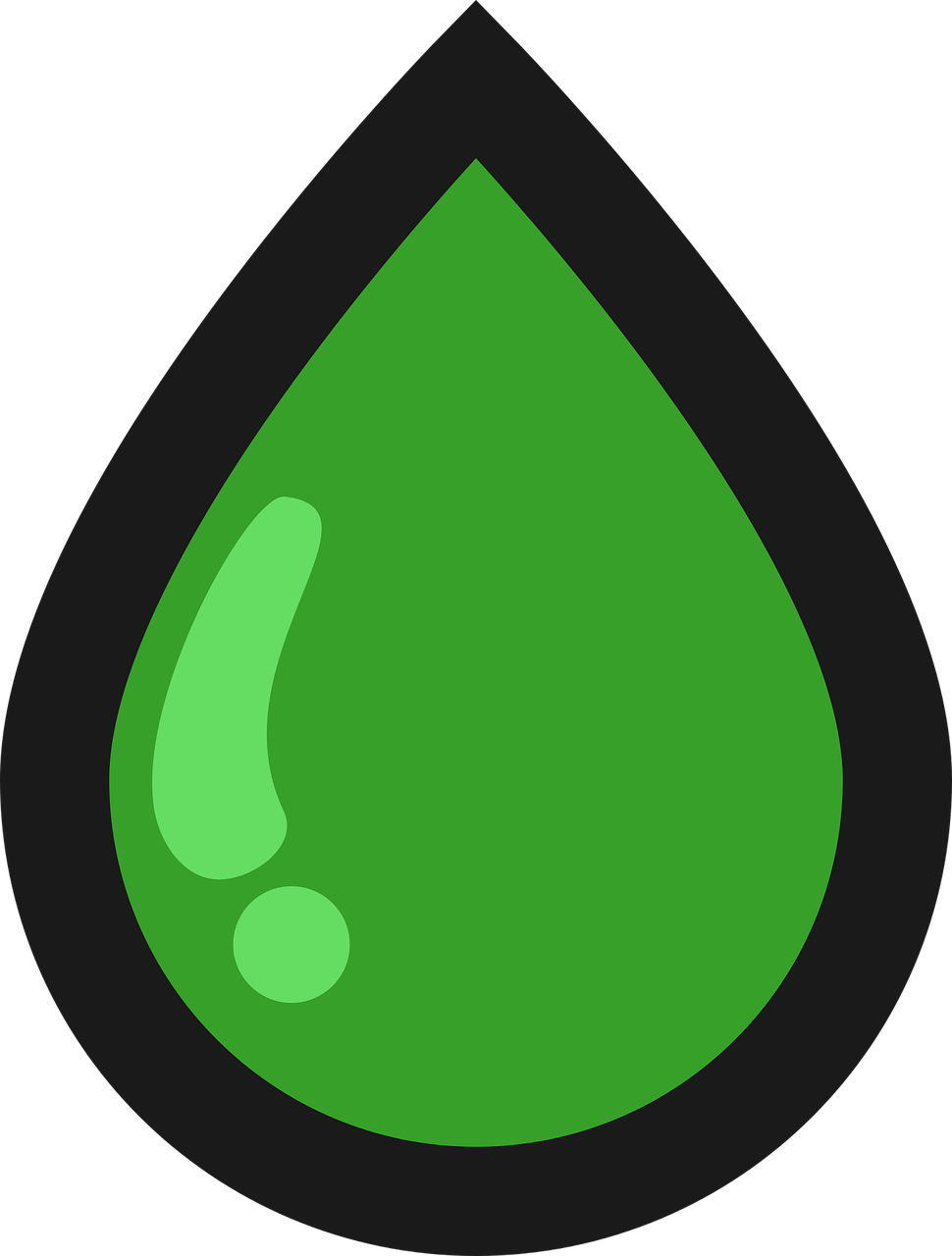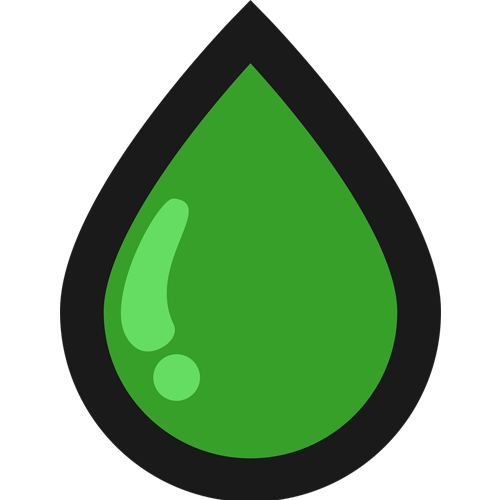Key Takeaways
– CBD is legal in Germany as a dietary supplement.
– CBD products must not exceed 0.2% THC to remain legal.
– The legality of CBD flowers is less clear.
– Selling CBD flowers to private individuals is not considered scientific or commercial use.
– Consumers should choose processed CBD products from reputable sellers.
Introduction
CBD, short for cannabidiol, has gained significant popularity in recent years for its potential health benefits. In Germany, CBD is legal as a dietary supplement, as it does not cause intoxication like THC, the psychoactive compound found in cannabis. However, the legality of CBD flowers, also known as CBD buds or hemp flowers, is a topic of debate among jurists. This article will explore the legal status of CBD flowers in Germany and provide insights for consumers looking to navigate this gray area.
The Legal Status of CBD Flowers in Germany
While CBD products are generally legal in Germany, the sale and possession of CBD flowers are subject to more ambiguity. According to the German Narcotics Act, the sale of cannabis flowers is legal if it is exclusively for commercial or scientific purposes that exclude misuse for intoxication. However, selling CBD flowers to private individuals is not considered scientific or commercial use, raising questions about their legality.
The THC Limit
One of the main concerns surrounding CBD flowers is their THC content. THC is the psychoactive compound in cannabis that produces the “high” sensation. To remain legal, CBD products, including flowers, must not exceed 0.2% THC. This limit ensures that the product does not have the potential for intoxication. However, it is important to note that CBD flowers cannot be completely free of THC, and the potential for misuse for intoxication cannot be completely ruled out.
The Gray Area
The sale of CBD flowers falls into a legal gray area, unlike other CBD products like oils, foods, salves, and cosmetics. While it is rare for individuals to be prosecuted for purchasing or possessing CBD flowers, there is still a level of uncertainty surrounding their legality. The disagreement among jurists further complicates the issue, making it challenging for consumers to navigate the market confidently.
Choosing Safer Options
To ensure compliance with the law and minimize potential legal risks, consumers are advised to choose processed CBD products from reputable sellers. CBD oils, foods, salves, and cosmetics are considered safer options as they have undergone processing to remove or reduce THC content. These products are also more widely accepted and regulated in the market, providing consumers with greater peace of mind.
Reputable Sellers
When purchasing CBD products, it is crucial to buy from reputable sellers who comply with the legal THC limit of 0.2%. Reputable sellers will provide lab reports or certificates of analysis to verify the THC content of their products. This transparency ensures that consumers are getting high-quality CBD products that meet legal requirements.
Conclusion
While CBD is legal in Germany as a dietary supplement, the legality of CBD flowers remains uncertain. The sale and possession of CBD flowers are subject to interpretation and disagreement among jurists. To minimize potential legal risks, consumers are advised to choose processed CBD products from reputable sellers that comply with the legal THC limit of 0.2%. CBD oils, foods, salves, and cosmetics are considered safer options. It is important for consumers to stay informed and make educated choices when it comes to CBD products in order to navigate the legal gray area effectively.



